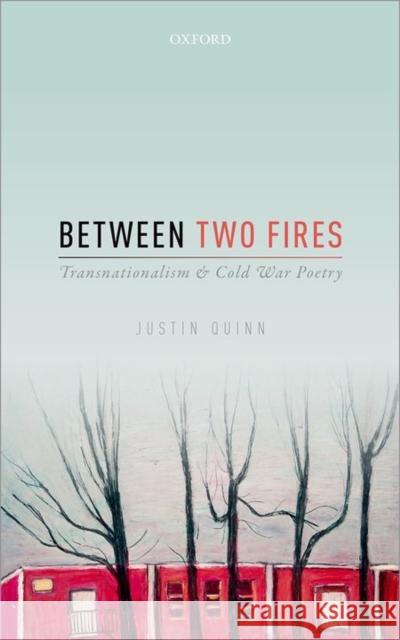Between Two Fires: Transnationalism and Cold War Poetry » książka
Between Two Fires: Transnationalism and Cold War Poetry
ISBN-13: 9780198744436 / Angielski / Twarda / 2015 / 240 str.
Between Two Fires is about the transnational movement of poetry during the Cold War. Beginning in the 1950s, it examines transnational engagements across the Iron Curtain, reassessing U.S. poetry through a consideration of overlooked radical poets of the mid-century, and then asking what such transactions tell us about the way that anglophone culture absorbed new models during this period. The Cold War synchronized culture across the globe, leading to similar themes, forms, and critical maneuvers. Poetry, a discourse routinely figured as distant from political concerns, was profoundly affected by the ideological pressures of the period. But beyond such mirroring, there were many movements across the Iron Curtain, despite the barriers of cultural and language difference, state security surveillance, spies, traitors and translators. Justin Quinn shows how such factors are integral to transnational cultural movements during this period, and have influenced even postwar anglophone poetry that is thematically distant from the Cold War. For the purposes of the study, Czech poetry--its writers, its translators, its critics--stands on the other side of the Iron Curtain as receptor and, which has been overlooked, part creator, of the anglophone tradition in this period. By stepping outside the frameworks by which Anglophone poetry is usually considered, we see figures such as Robert Lowell, Derek Walcott, Allen Ginsberg, and Seamus Heaney, in a new way, with respect to the ideological mechanisms that were at work behind the promotion of the aesthetic as a category independent of political considerations, foremost among these postcolonial theory.











